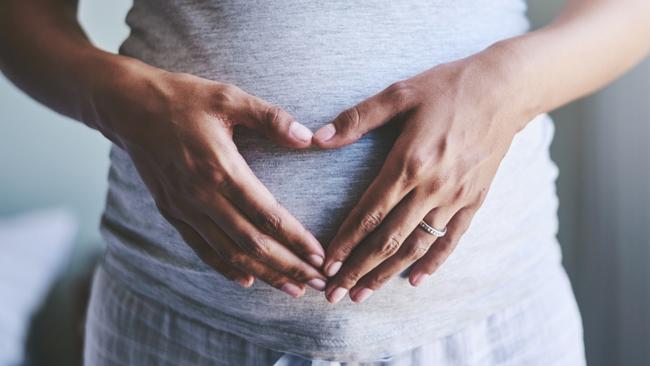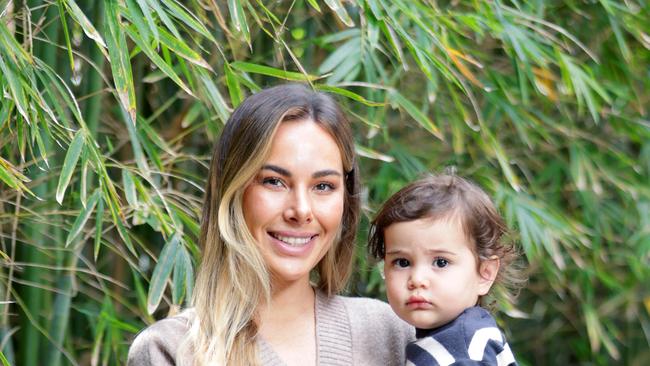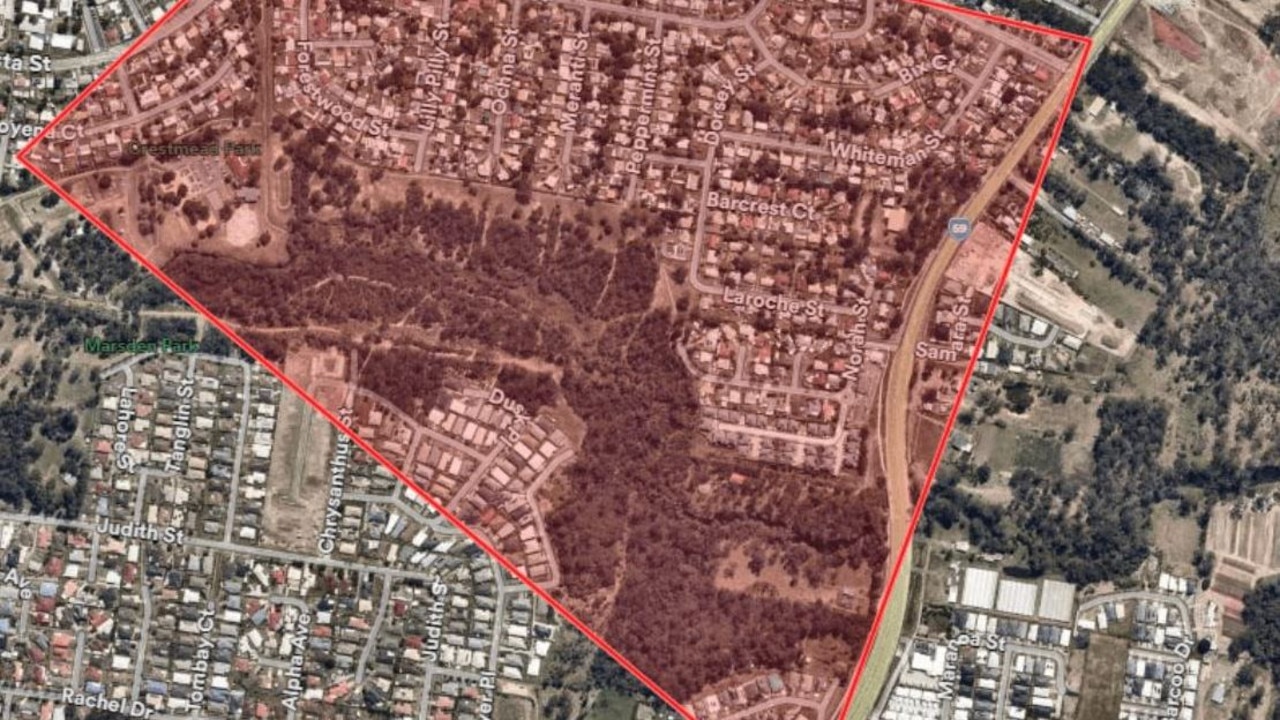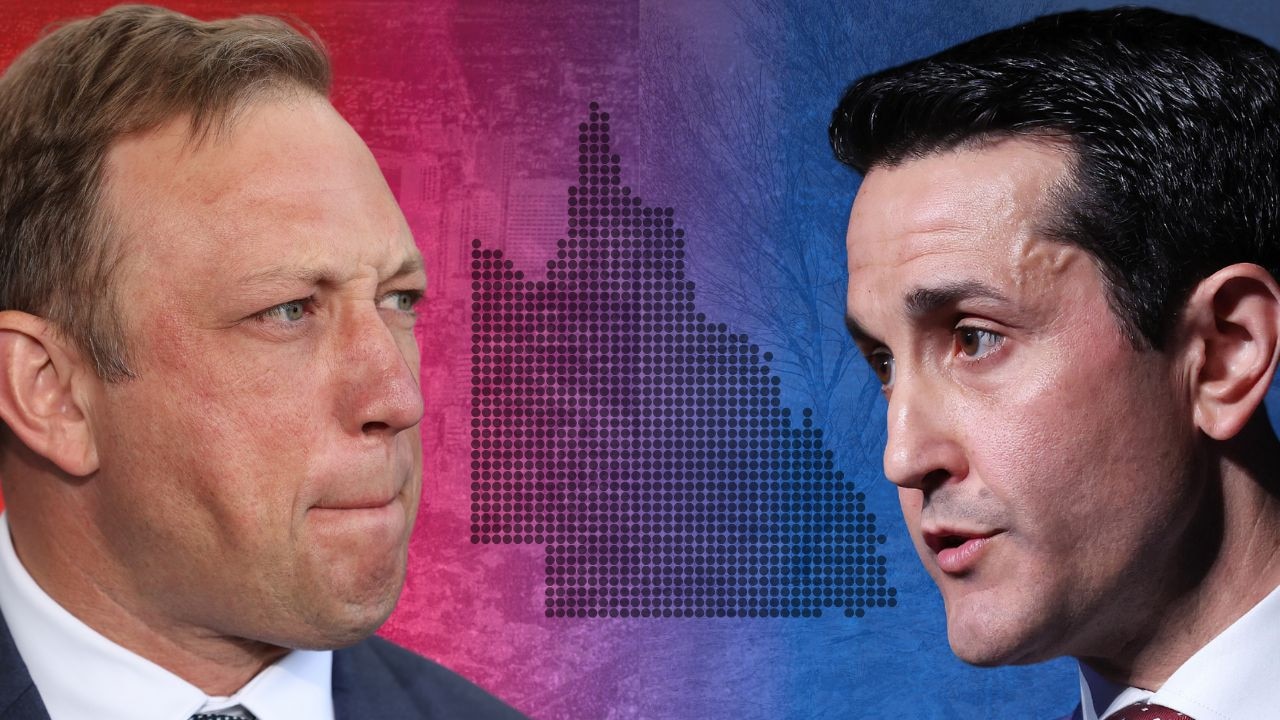Study reveals pregnant women dangerously impacted by social media
Pregnant women are being dangerously impacted by social media and putting their babies at risk, including through disordered eating to get a ‘perfect bump’.

QLD News
Don't miss out on the headlines from QLD News. Followed categories will be added to My News.
Pregnant women are being dangerously impacted by social media and putting their babies at risk, including through disordered eating to get a “perfect bump”.
A new study by ACU’s School of Behavioural and Health Sciences reveals expectant mothers are under huge pressure to meet unattainable body standards portrayed on Facebook, Instagram and TikTok.
This can exacerbate pregnancy-related anxiety, a condition linked to premature birth – the great cause of death and disability in children under five years – as well as postnatal depression.
The survey of 225 women aged 19 to 40 by Rachel Dryer and Adele Samra shows a damning correlation between problematic social media use and psychological distress.
And it has prompted the researchers to call on healthcare providers to urgently stage “digital interventions” during routine antenatal care.
Associate professor Dryer told The Courier-Mail social media was “not giving women a chance to get used to having a baby and settling into their roles as mothers”.
“For pregnant women, who are already dealing with significant physical and emotional changes, these portrayals (on social media) can increase pressure to conform to unrealistic expectations, such as minimal weight gain and a ‘perfect bump’,” she said.
“You see on social media claims that we have a body positive movement but it’s almost like that’s tokenistic because, especially over the last two years, I’ve seen us going back to the days of (supermodel) Kate Moss when being very thin was the epitome of beauty standards.

“Women want their weight gain to be restricted to the stomach, which is unrealistic and unhealthy for the mother and the baby.
“Then as soon as you give birth, you’re expected to go back instantly to your pre-pregnant body, shape and size.”
The ACU research found pregnant women who frequently compared themselves to others on social media experienced greater feelings of inadequacy, which not only intensified depression and pregnancy-related anxiety but also made them fear their ability to parent.
“The findings highlight an urgent need for healthcare providers and educational campaigns to support pregnant women in developing healthier digital habits and managing body image concerns,” Dr Dryer said.
“Health professionals may not be aware that the experience of pregnancy may trigger extreme levels of body dissatisfaction and feelings of losing control of how you look, and in our society, how you look suggests you have better control of your life and you’re a better person.”
Dr Dryer said algorithms designed to maximise engagement, including personalised content, autoplay videos and constant notifications, were driving the “compulsive” use of social media.
In the study, women were asked to provide detailed information about their social media usage, body image perceptions and levels of psychological distress, including depression, pregnancy-related anxiety and disordered eating attitudes.
The research was published in the Journal of Affective Disorders.
‘YOU WONDER, SHOULD I BE DIETING?’

Brisbane mum Michelle Jades says misleading content on social media is causing some women to shun pregnancy because they are “afraid of getting fat”.
Ms Jades, 33, also knows expectant mothers who spent their entire pregnancy hating their bodies and saying they “look disgusting”.
“The edited images on social media put increased pressure on pregnant women to look a certain way,” said Ms Jades, a digital creator who lives in Kelvin Grove.
“People say they don’t edit but they definitely do, creating unrealistic images such as really skinny arms which they might not have in real life.”
Ms Jades, mum to Theodore, 2, with husband Ben Jenkins, said she had a dream pregnancy and gained 20kg but the “bounce-back culture” was strong.
“For me, the pressure was more so in the fourth trimester,” she said.
“One person had a baby after me and literally the next day had abs and was back on a workout bike – you wonder, should I be dieting? But you need a healthy diet to produce milk, so it creates that stress.”
Ms Jades said it was sad many women were quick to adopt strict diets. “I really enjoyed being pregnant … but you’re hit with a lot of influencers giving you diet plans.”
Originally published as Study reveals pregnant women dangerously impacted by social media



